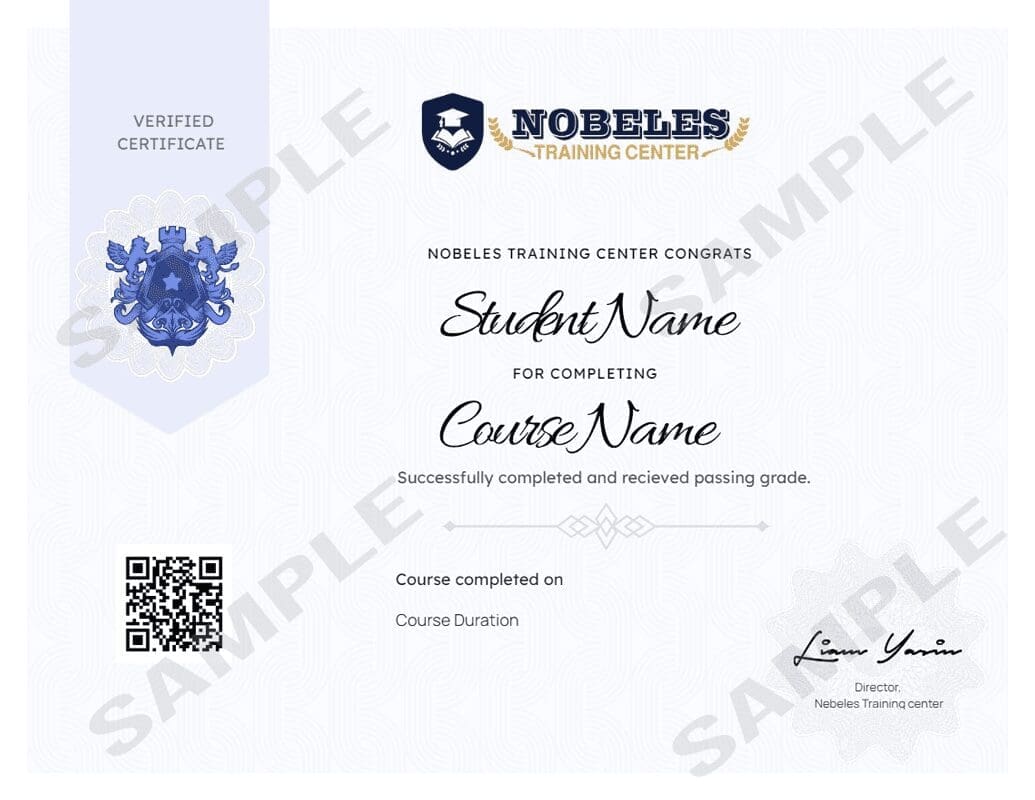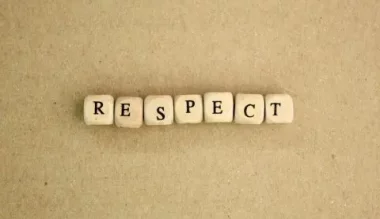Welcome to the Civility in the Workplace workshop. While a training program on workplace manners and courtesy may seem like overkill, the reality is: rudeness is an epidemic costing industries millions a year. Indeed, what society seems to be gaining in terms of knowledge and technological advancement, it’s losing on basic social values. Bosses freely intrude on subordinates’ personal space, gossiping co-workers are the norm, and quality customer care has been forgotten. The result: an environment not conducive to getting work done, dissatisfied clients aiming for the competition, and in some cases, blatant tolerance for abuse and harassment.
To address the growing problem of incivility in the work setting, this workshop introduces the concept of civility, its importance to a company, and typical causes and effects. Skills needed to effectively practice civil behavior, as well as different ways organizations can systematize civility in the workplace, will also be discussed.
Curriculum
- 11 Sections
- 0 Lessons
- 8 Hours
- IntroductionCivility in the workplace refers to respectful and considerate behavior among colleagues. It fosters a positive environment, enhances collaboration, boosts morale, and ultimately contributes to improved productivity and employee satisfaction.0
- Effective Work EtiquetteEffective work etiquette encompasses respectful communication, punctuality, professionalism, and consideration for colleagues. Practicing good etiquette fosters a harmonious workplace, enhances collaboration, and promotes a culture of trust and mutual respect.0
- Costs and RewardsCosts and rewards of civility in the workplace include the potential investment in training and time, contrasted with benefits like improved morale, reduced conflicts, higher productivity, and enhanced employee retention and engagement.0
- Conflict ResolutionConflict resolution involves addressing disagreements constructively through open communication, active listening, and negotiation. It fosters understanding, builds stronger relationships, and promotes a collaborative workplace culture that values diverse perspectives.0
- Getting to the CauseGetting to the cause of workplace issues involves identifying underlying problems rather than addressing symptoms. This requires open dialogue, active listening, and thorough analysis to develop effective solutions that promote lasting improvements.0
- CommunicationEffective communication in the workplace involves clear, concise messaging and active listening. It fosters understanding, minimizes misunderstandings, and builds trust among colleagues, contributing to a collaborative and productive work environment.0
- NegotiationNegotiation in the workplace involves dialogue aimed at reaching mutually beneficial agreements. It requires active listening, understanding interests, and effective communication skills to foster collaboration, resolve conflicts, and achieve positive outcomes.0
- Identifying Your NeedIdentifying your need involves assessing personal and organizational goals to determine specific requirements. This clarity guides decision-making, resource allocation, and prioritization, ensuring efforts align with overall objectives and enhance effectiveness.0
- Writing a Civility PolicyWriting a civility policy involves outlining expectations for respectful behavior, communication standards, and conflict resolution procedures. It establishes a framework for fostering a positive workplace culture and promotes accountability among employees.0
- Implementing the PolicyImplementing the civility policy requires effective communication, training, and support from leadership. It involves integrating the policy into organizational practices, encouraging feedback, and monitoring compliance to promote a respectful workplace culture.0
- Post-TestPost-Test0
Nobles Certificate
Nobeles Academy
Mobile Application
Courses you might be interested in
-
0 Lessons
-
0 Lessons
-
0 Lessons
-
0 Lessons






